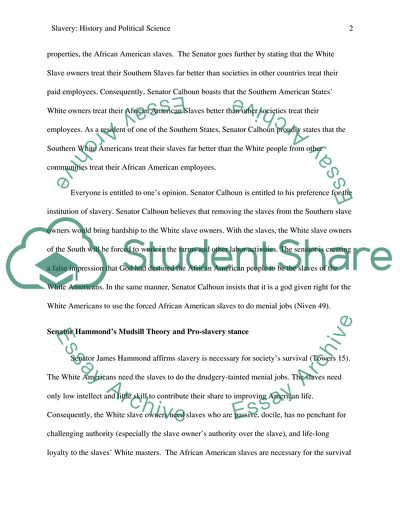Cite this document
(“Slavery Assignment Example | Topics and Well Written Essays - 1500 words”, n.d.)
Retrieved from https://studentshare.org/history/1636922-slavery
Retrieved from https://studentshare.org/history/1636922-slavery
(Slavery Assignment Example | Topics and Well Written Essays - 1500 Words)
https://studentshare.org/history/1636922-slavery.
https://studentshare.org/history/1636922-slavery.
“Slavery Assignment Example | Topics and Well Written Essays - 1500 Words”, n.d. https://studentshare.org/history/1636922-slavery.


